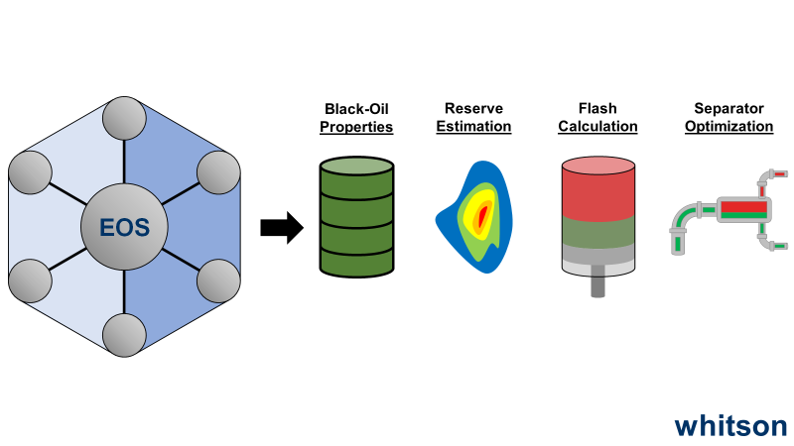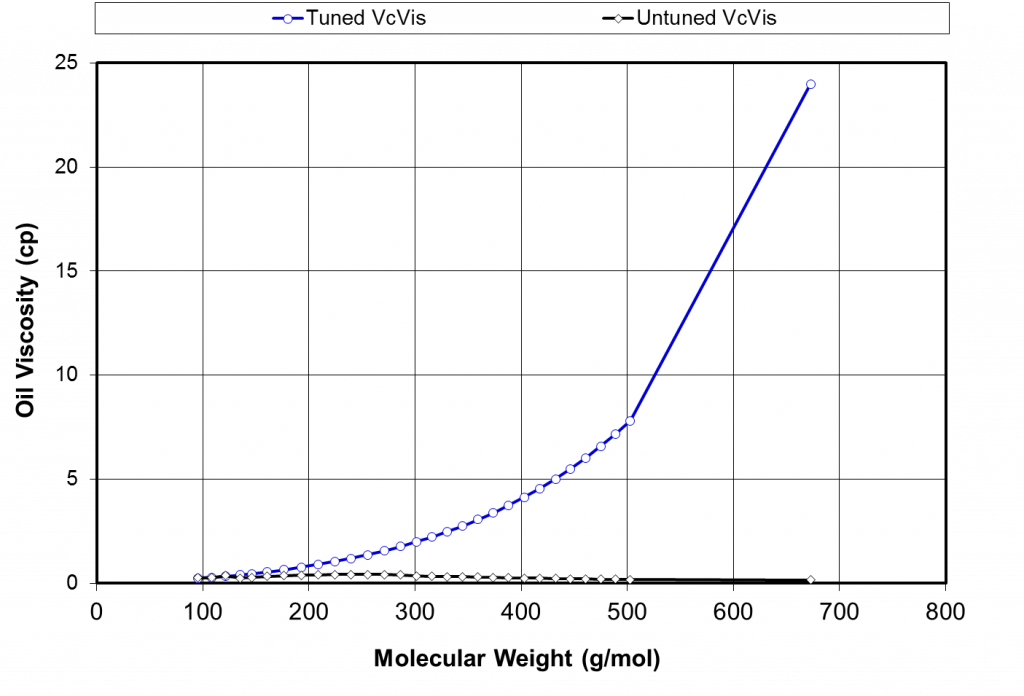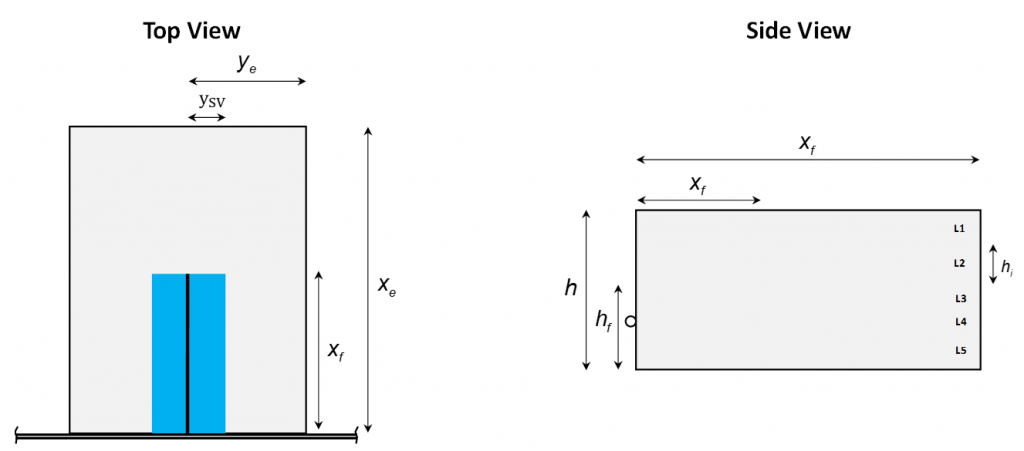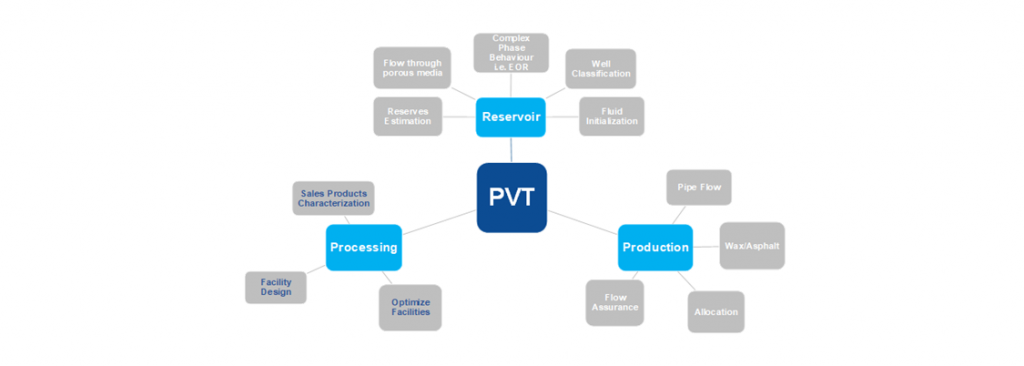Condensate Blockage – a short introduction to gas condensate well modeling
Author: Erlend Torheim It is important to understand and model the reduction in well deliverability due to condensate blockage in gas condensate wells. Failing to do so can lead to inappropriate design of (a) well completion, (b) number of wells required for development, and (c) compression requirements – all having a significant bottom-line impact on […]










